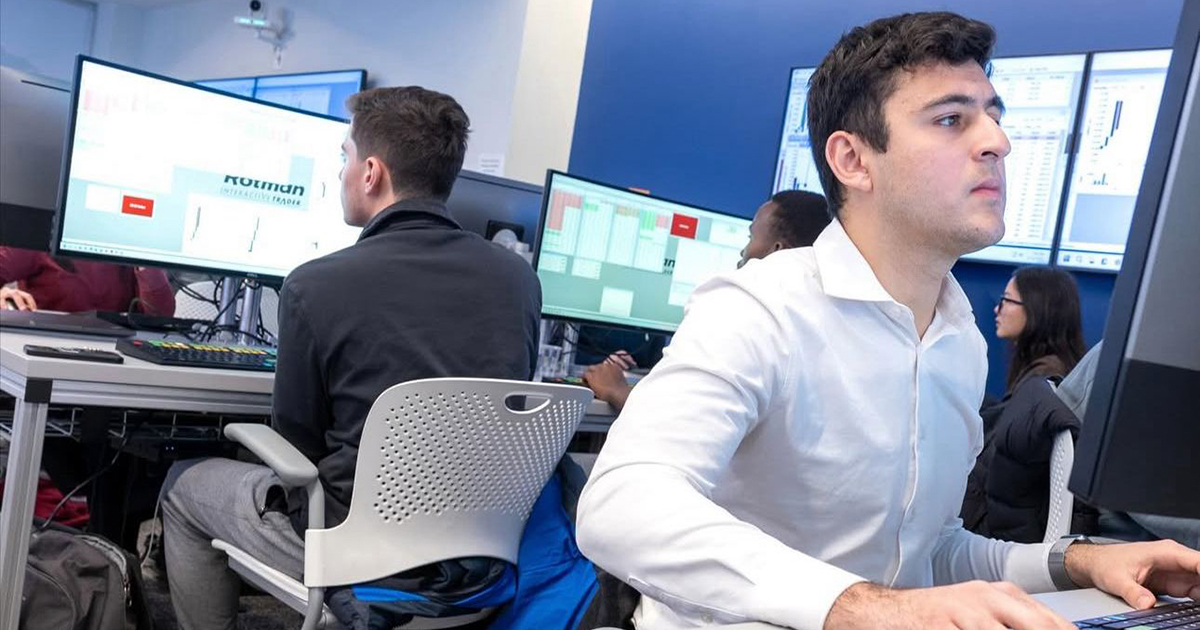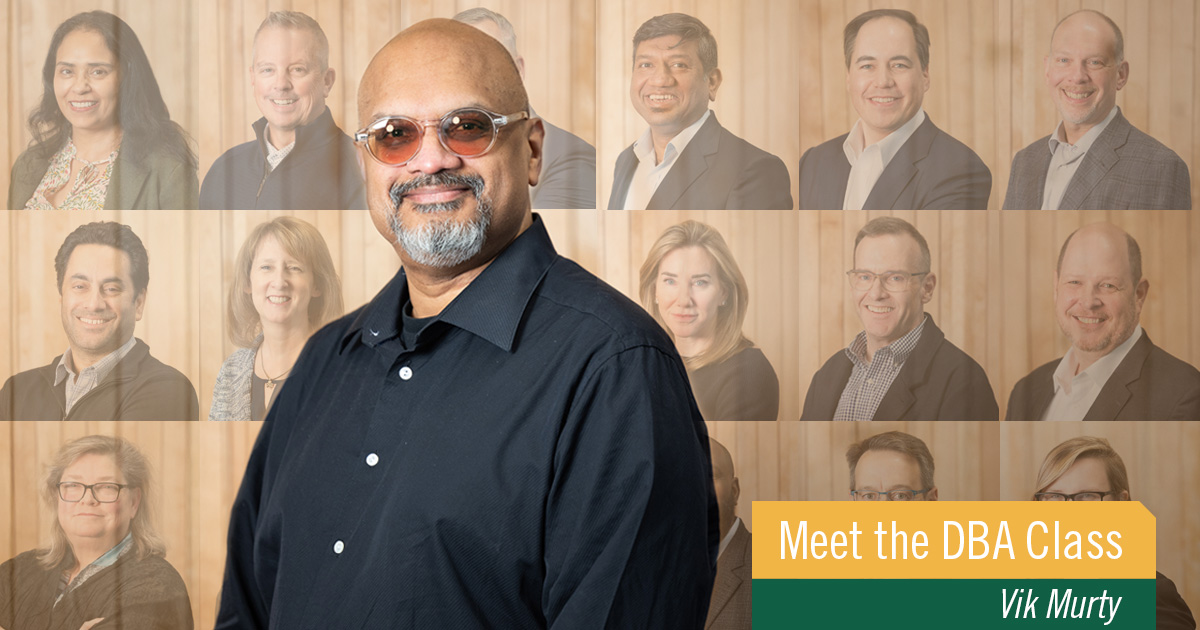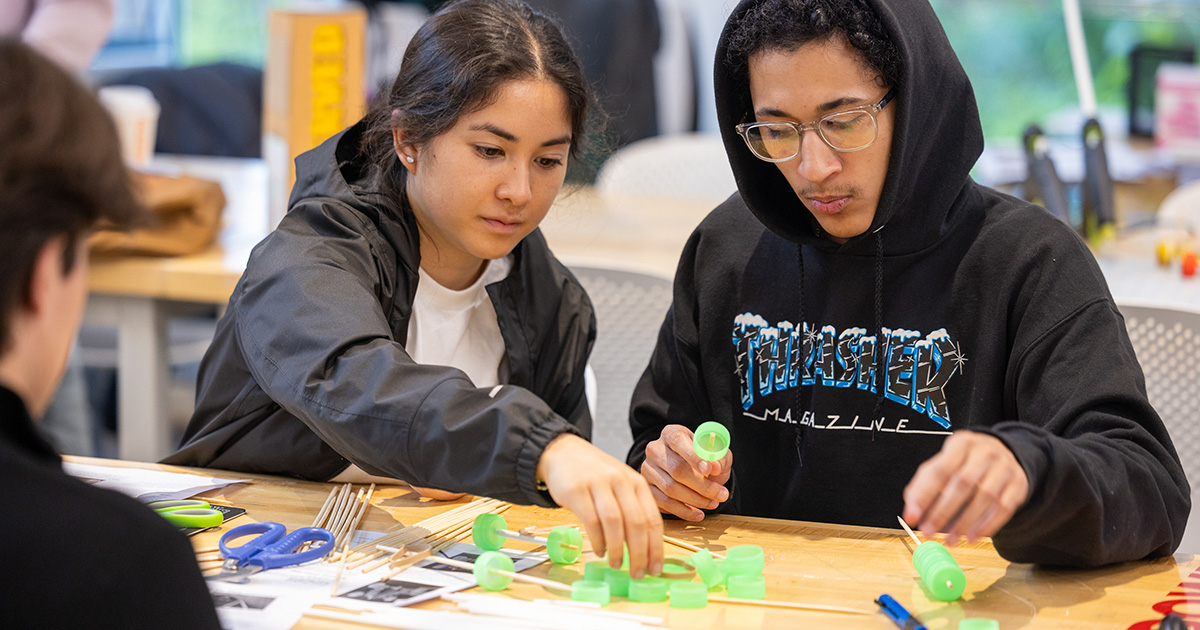The Lessons of Juneteenth Through Stories, Poetry, and Song

Members of Babson College’s global community—hailing from as far away as Rwanda and Jamaica—gathered virtually last week to commemorate Juneteenth by sharing personal stories, poetry, and songs to express their thoughts on the new federal holiday.
“Reflecting on this day, I wonder what it feels like to be the last to know,” Babson Associate Professor Wiljeana Glover said as one of Babson’s several speakers at the event.
Glover was referencing the fact that slavery in America was abolished in 1863 when President Abraham Lincoln delivered his Emancipation Proclamation. But, the enslaved people living in Galveston, Texas, and in many other places in the South, didn’t know they were free until June 19, 1865, when Union General Gordon Granger arrived in Galveston to announce and enforce Lincoln’s proclamation.
“While I can’t fully imagine their shock or anger or even hopefulness, I can imagine other moments along the path of freedom from Jim Crow and discrimination from my own family,” Glover said.
The hourlong event offered staff, faculty, alumni, and students a chance to address the question: “Where do we go from here?”
Sadie Burton-Goss, Chief Inclusive Excellence Officer at Babson, highlighted the many possibilities on the horizon, while keynote speaker Dr. Derron Wallace, an assistant professor of sociology and education at Brandeis University, urged ongoing vigilance against the same “quiet campaign for white economic advancement,” that motivated Texas slave owners in 1863 to keep quiet more than two years after African Americans were freed.
In his welcome remarks, Babson President Stephen Spinelli Jr. MBA’92, PhD vowed to continue Babson’s commitment to diversity and inclusion.
“Our community is dedicated to this work, and it is far from over. We continue our work with humility and purpose,” Spinelli said. “We listen, we learn, and together we move forward as one community, Babson.”
Where Do We Go From Here?
Reflecting on the fact that the enslaved people in Galveston were the last to learn about their freedom, Glover suggested that where the nation goes now has much to do with education.
“As faculty at Babson College, I choose to use this position to engage students at Babson and in Rwanda through our Global Health Innovation Lab, so that they will not be the last to know about amazing technologies and approaches that they can use to impact their communities,” Glover said.
“As faculty at Babson College, I choose to use this position to engage students at Babson and in Rwanda through our Global Health Innovation Lab, so that they will not be the last to know about amazing technologies and approaches that they can use to impact their communities.”
Associate Professor Wiljeana Glover
“This Juneteenth, I hope that all educators are motivated to teach all students—including underrepresented minorities—about a variety of topics and opportunities, about mergers and acquisitions and Spanish literature, political economics and the war in Ukraine, health tech entrepreneurship, and food ways,” she added, “so that the wheels of justice would continue to turn through education, and so that the last will become the first to know.”
Luke Cooper MBA’11 touched on his success as founder and CEO of an on-demand smart phone repair service called Fixt. Cooper highlighted the need for parity to ensure Black Americans have the support necessary—as he did—to reach their full potential. The venture capital-backed technology company started with $6.5 million and grew 300% year over year.
“This Juneteenth, I’ll leave you with this: It’s not a new message that poverty and institutional racism stand in the way of justice and economic progress of the Black and brown people in this country,” Cooper said. “From Frederick Douglass to Lewis Latimer and so many that came before me struggling to bring racial parity into focus, I stand now in their shadow, bringing economic parity into focus. I’m truly lucky to stand on the shoulders of giants that created so much before me, and fought and struggled so hard before me to make this moment possible, but we’ve got so much further to go. Won’t you join me?”
Lift Every Voice
Babson College students Zykera Steward ’23 and Christopher Ogunbufunmi ’23 shared their personal experiences with Juneteenth.
“I feel like Juneteenth is a holiday for the Black community for people to come together,” Steward said. “Just all around celebrating the excellence of Blackness, especially after all the years of oppression, and come together as a strong unit.”
“I feel like Juneteenth is a holiday for the Black community, for people to come together…Just all around celebrating the excellence of Blackness, especially after all the years of oppression, and come together as a strong unit.”
Zykera Steward '23
Wallace delivered his keynote address after Terrance Gresham, Babson’s associate director of diversity and inclusion, graduate admissions, performed a soaring rendition of “Lift Every Voice and Sing,” originally a poem written by NAACP leader James Weldon Johnson. Wallace also leaned on poetry to express the complexities of Juneteenth and what he called “the power of hope, despite despair.”
Wallace read “Harlem,” a poem by Langston Hughes, repeating its famous lines about “a dream deferred,” for emphasis. “Today, June 18, at its core, marks a dream deferred or deleted, a deliberately delayed acknowledgement of Black people’s freedom,” Wallace said. “Freedom did not travel quickly, some would argue, on purpose.”
Above all, Juneteenth offers future generations a chance to learn from the past, Wallace said.
“Hear me with your heart and not just your ears,” he said. “Juneteenth is a somber, sobering shout across generations to be a witness to the past in the present in order to craft a brighter future.
“Juneteenth has long been and continues to be a clarion call to transform the world as it is to the world as it should be.”
Posted in Community




